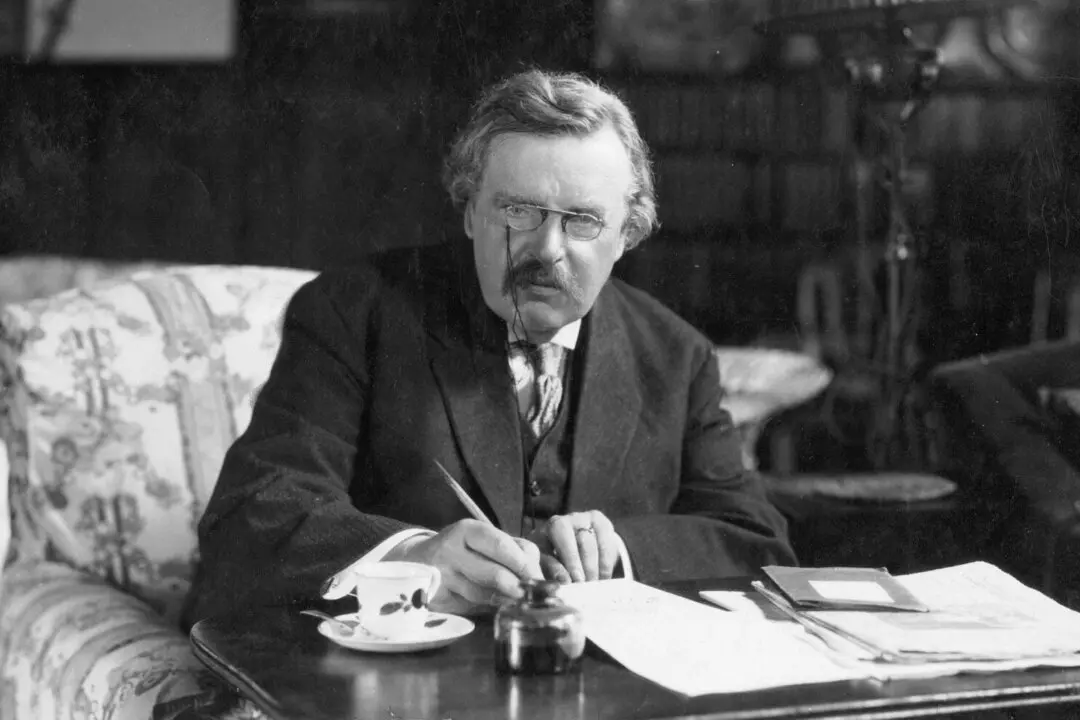There is little doubt that across Canada and the United States, men and women who identify as conservative are feeling more and more uncomfortable about expressing an opinion.
The left views this as a good thing. Conservatives, they say, harbor views that are inherently racist, xenophobic, misogynistic, and homophobic, and they have no legitimate place in the public square. This is not a new disposition for our progressive brothers and sisters, but in the era of Donald Trump, it has assumed a particular intensity. Hardly a month goes by without the discovery of a new speech crime against another virtuous victim of right-wing supremacists.





